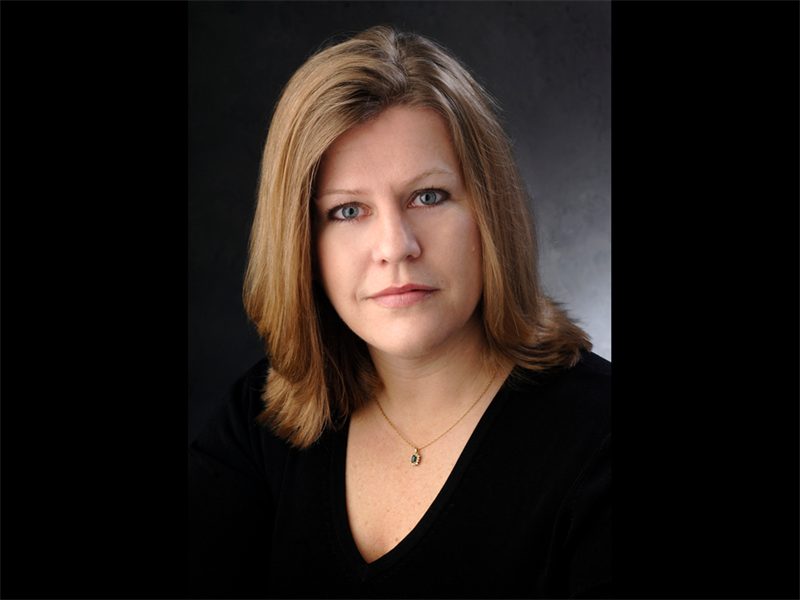Shooting for the stars
Communication Chair Kami Silk helps launch new graduate program
Communication Chair Kami Silk helps launch new graduate program

“I am for trying new things, let’s be audacious in our goals, let’s aim really high and big and so that if we land a little shy of that we are in great shape no matter what.” Kami Silk has done just that since becoming chair of the University of Delaware’s Department of Communication in September 2018. The highly regarded health communication scholar was appointed as the Rosenberg Professor of Communication and is part of the affiliated faculty for the Center for Political Communication.
The opportunity to develop and lead UD’s new graduate communication program drew Silk to the University of Delaware. The program consists of a Ph.D. program and an online graduate-level strategic communications program. “We are hiring new faculty and revisioning what our department can be at the graduate level.”
Silk previously held administrative roles at Michigan State University’s College of Communication Arts & Sciences, where she served as graduate director for 14 years and ultimately became associate dean for research and associate dean for graduate programs. A self-described “late bloomer” and first-generation college student, Silk was almost 30 when she decided to pursue a Ph.D.
Certain opportunities helped Silk discover her passion for higher education, both as a professor and an administrator. She earned a spot in the Lilly Postdoctoral Fellowship Program, a two-year degree that offers leadership training in both teaching and administration. “I was a Lilly Fellow and won a teacher scholar award and have also done so many administrative roles throughout my career. I think that’s the attractiveness of the position and being an academic because you are able to do so many great things, work with students on the teaching piece, but also the research piece.”
Professor Silk is recognized for her research in the areas of health communication and persuasion, particularly in breast cancer risk reduction practices during her career at Michigan State University. “I have worked with researchers across the country for 17 years to help people and advocates understand the role of the environment and its impacts on breast cancer.” Silk’s research has been consistently funded by the National Cancer Institute and the National Institute of Environmental Health Sciences through the Breast Cancer and Environment Research Program.
In a competitive information environment where people have short attention spans, creating attention-grabbing messaging that convinces others to live healthy lifestyles is one of the main challenges. “What makes my message stand out for you?” said Silk. “Creating those messages that can grab your attention and get you hooked. There is also a tendency of people to only care about the proximal. To influence people to be healthier, the crux is is to communicate the problems and solutions – things that are going to impact you in poor ways in the long haul, when there are things you can do right now that can help you reduce that risk.”
To learn more about Kami Silk, visit www.communication.udel.edu/people/kamisilk.
By Justin Richards, University of Delaware junior and intern for the University of Delaware’s Center for Political Communication
Originally published February 24, 2020
